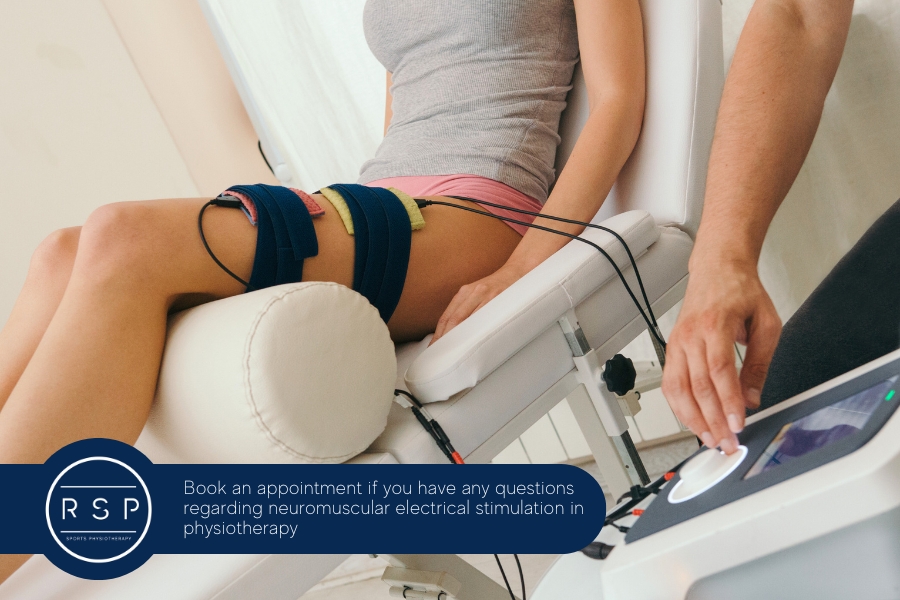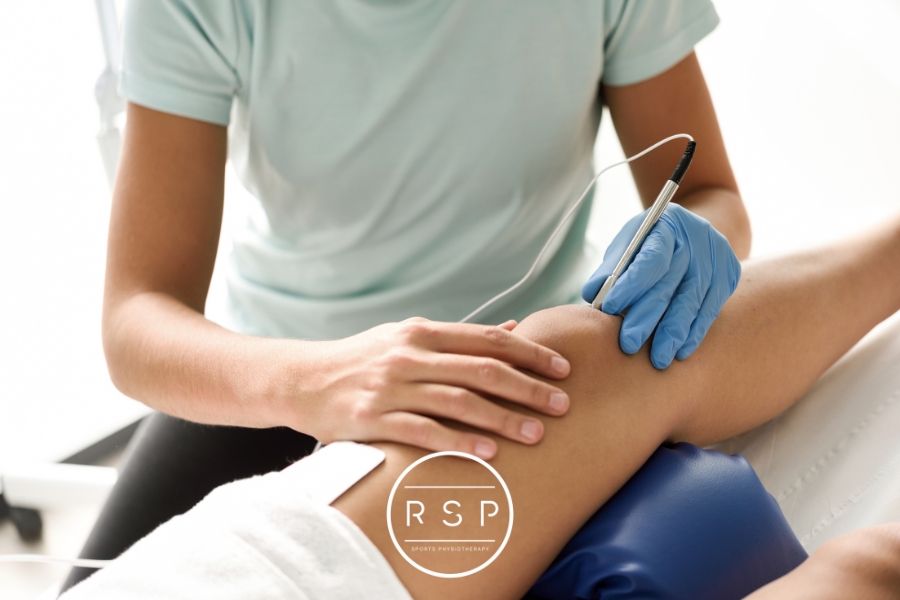Are you familiar with the concept of neuromuscular electrical stimulation in physiotherapy? This innovative technique has been gaining popularity recently for aiding rehabilitation and recovery. You’ve come to the right place if you’re curious about how this therapy works and its potential benefits.
Physiotherapy is a field dedicated to helping individuals regain strength, mobility, and function after injury or illness. Over the years, different techniques and modalities have been developed to enhance the effectiveness of physiotherapy treatments. One such technique is neuromuscular electrical stimulation (NMES), which involves electrical currents stimulating specific muscles or nerves.
NMES has shown promising results in improving muscle strength, reducing pain, and enhancing overall physical performance. Whether you’re a physiotherapy professional or seeking alternative rehabilitation methods, understanding the potential of NMES can be a game-changer in your journey towards recovery.
What is neuromuscular electrical stimulation?
Neuromuscular electrical stimulation (NMES) is a technique that involves using a device to deliver electrical impulses to nerves to stimulate muscle contractions. This method can improve strength and range of motion and counteract the adverse effects of inactivity.
It is commonly used to “re-train” or “re-educate” muscles after surgery or prolonged periods of inactivity to help them function properly and regain strength.
An NMES unit can override your brain’s muscle contractions and control the number of muscle fibres used.
The frequency you choose on the NMES unit determines the type of recruited muscle fibres. Lower frequencies are better for endurance and activating slow-twitch muscle fibres, while higher frequencies are ideal for strength and activating fast-twitch muscle fibres.
The benefits of using neuromuscular electrical stimulation in physiotherapy
Our use of NMES can offer various benefits, such as alleviating pain, improving joint mobility, preventing muscle atrophy caused by injury, rebuilding muscle strength, and enhancing local blood flow.
A great way to enhance muscle function and speed up recovery is by using NMES as a supplement to treatment. It can help to activate muscles that are not functioning correctly, aid in rehabilitation and return to sports, or maintain muscle strength when pain levels prevent regular exercise.
Surprisingly, not all your gains are due to your muscle fibres becoming stronger.
There is also evidence that NMES affects your spinal and cortical nerves in the brain, causing those neural connections to your muscles to fire more effectively.
When your nerves fire more efficiently, your muscles can contract and coordinate more effectively, and more fibres can be recruited more easily.
Neuromuscular electrical stimulation is a highly effective technique for restoring muscular function faster than regular exercise alone. This is achieved by stimulating nerve endings and encouraging muscle contractions, increasing strength and improving mobility.
In addition, NMES can be used for rehabilitation, particularly for those experiencing joint ailments such as a meniscus tear.
Regular workouts may be challenging or painful during the initial stages of rehabilitation. Still, with the help of NMES, muscles can be exercised without putting undue stress on the affected joint.
As a result, patients can experience faster recovery times and return to their regular activities sooner. NMES is a safe and effective way to improve muscular function and aid rehabilitation.
Common conditions treated with neuromuscular electrical stimulation
- ACL injury (surgical and non-surgical).
- Patellofemoral pain syndrome (PFPS).
- Shoulder pains, especially rotator cuff injuries.
- Lower back pain, primarily due to instability.
- Post-op orthopaedic rehabilitation.
- Acute pain conditions.
- Acute sports-related or auto accident-related injuries.
- Muscle strains.
- Neurological conditions, such as a stroke.
- Ligament sprains.
- Repetitive stress injuries.
The Compex 4.0 neuromuscular electrical stimulation device
At RSP Sports Physio, we use Compex 4.0 devices in our clinic for all our athletes during rehabilitation.
When combined with a comprehensive rehabilitation program, the Compex 4.0 device significantly enhances muscle size, strength, and endurance.
Sports medicine physicians highly regard this cutting-edge device as a preferred therapeutic option for elite athletes.
The innovative Mi-Technology integrated into the Compex device customises muscle stimulation settings to suit the distinct physiology of each user, ensuring optimal results and minimising the risk of injury.
With its advanced capabilities and proven effectiveness, the Compex 4.0 device is a game-changer in sports rehabilitation and performance enhancement.
We also rent them out to all our clients for them to expedite their strength recovery.

Final thoughts neuromuscular electrical stimulation in physiotherapy
Neuromuscular electrical stimulation is a game-changer in the field of physiotherapy. Its ability to target specific muscles and improve strength, mobility, and overall function is remarkable.
It can be used for both injury prevention as well as rehabilitation.
So if you’re looking for a safe and effective way to enhance your rehabilitation process, don’t hesitate to try neuromuscular electrical stimulation.
Talk to your physiotherapist about incorporating NMES into your treatment plan. It may benefit you!




